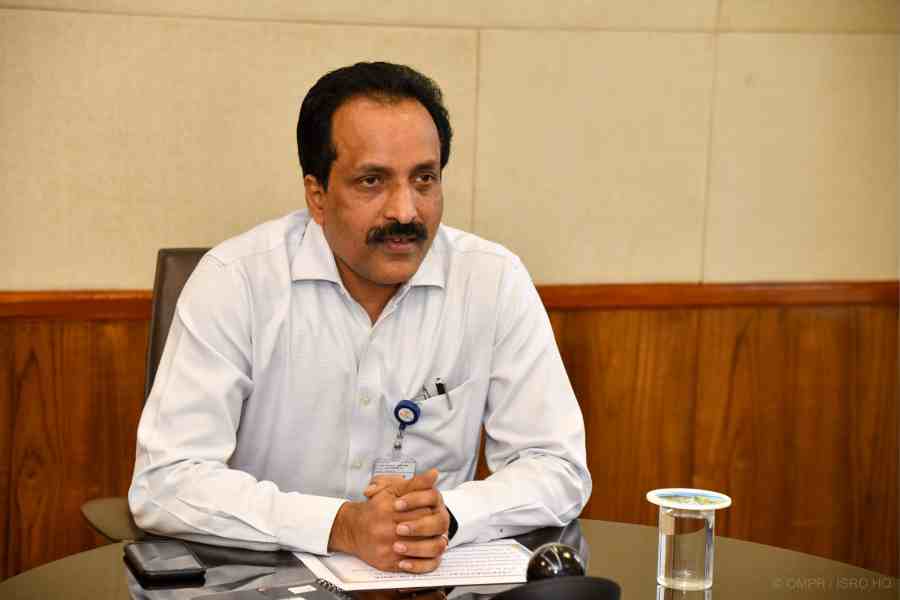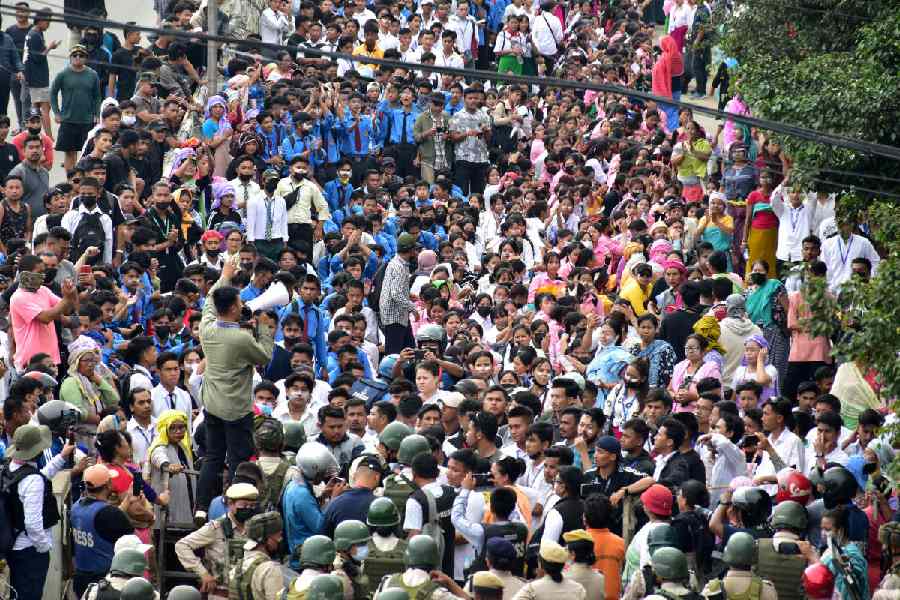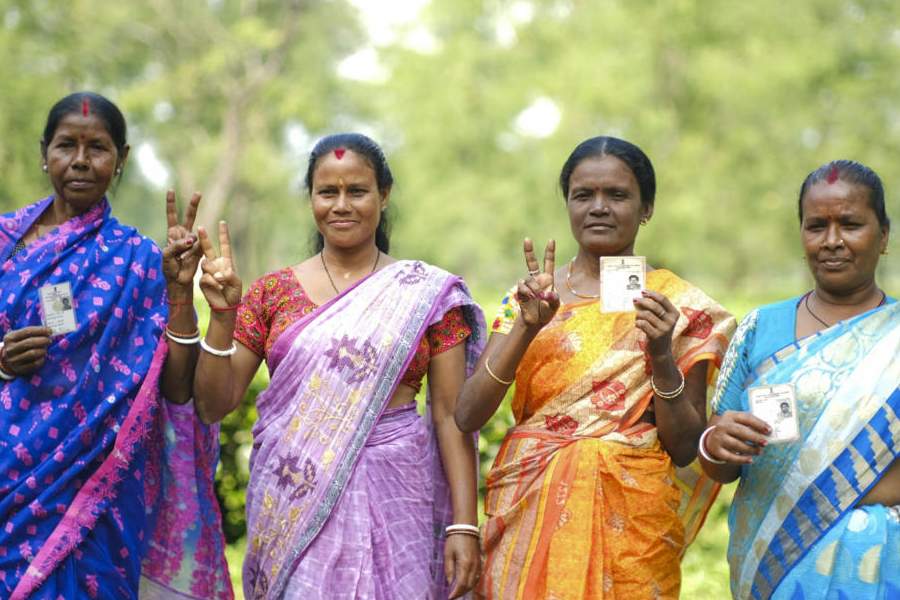The screening of Hollywood movie Barbie was temporarily halted in Pakistan's Punjab province over "objectionable content". Later, the film was running in theatres across the province after some dialogues were censored, according to media reports.
Barbie was released in theatres worldwide on Friday (July 21). The movie was released in many countries across Asia, including India and Pakistan. It stars Margot Robbie as the famous doll and Ryan Gosling as her boyfriend Ken.
Reports of Barbie being banned in Punjab province began circulating online when the Punjab Film Censor Board did not issue a No-Objection Certificate (NOC) in this regard. Some people even took to social media saying they were asked to get a refund for the tickets and the movie stopped screening midway.
Major cinemas in Lahore, the provincial capital, such as the Cue Cinemas, Cine Star and Universal Cinemas, were not screening the movie, fuelling further speculations of a possible ban.
Officials said the film would be reviewed and needed clearance from the provincial boards that censor scenes violating the country’s social, cultural and religious values.
“We will review the film before its release in the country,” Farrukh Mahmood, secretary of the Punjab film censor board, told the Guardian. He did not mention any particular scenes.
The move comes after the release of one of the year’s most talked about films was also postponed by Middle Eastern countries including the United Arab Emirates (UAE) and Egypt.
Vietnam also banned the film earlier this month over a scene highlighting a map depicting China’s unilateral claim of territory in the South China Sea. The film was originally planned to open in Vietnam on 21 July.
Barbie is played in the Greta Gerwig-directed film by Margot Robbie, with Ryan Gosling as her boyfriend, Ken.
The temporary banning of the movie in Punjab province drew criticism on social media.
“Just heard that Barbie’s banned in Pakistan? I watched [the] movie yesterday. There’s literally nothing in that movie to ban. No swear words. No nudity. No obscenity. Not even any LGTBQ+ characters. Thematically, the film is about women being able to do anything they want, which I guess is a big threat to the fabric of our society,” one user wrote on Twitter.
Pakistan has a history of banning films challenging cultural norms. In November, the conservative Muslim-majority country banned Joyland – a Cannes prize-winning film and Pakistan’s entry for the 2023 Oscars for violating the “norms of decency and morality of the society”.
Joyland featured a Pakistani married man’s affair with a transgender woman. The film was later cleared by the government after a review by the national censorship board, but Joyland remained banned in Punjab, the most populous province.
Legal experts in Pakistan believe the Punjab censor board has continued to pander to rigid religious fanatics.
In 2019, the film Zindagi Tamasha was banned and its director accused of blasphemy – a crime carrying the death sentence – by an ultra-religious party due to the movie’s depiction of a religious man who creates hymns and is caught dancing at a family event.











